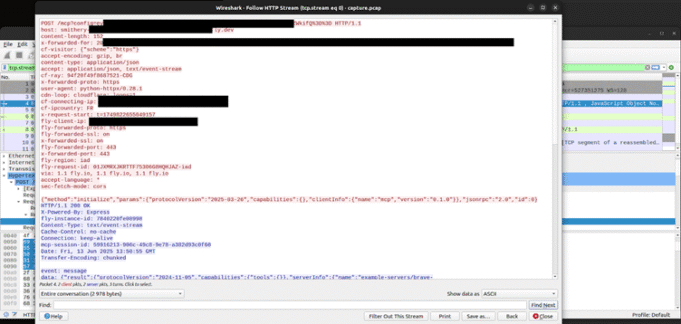A severe path traversal vulnerability in Smithery.ai’s Model Context Protocol (MCP) server hosting service threatens the security of thousands of AI infrastructures by enabling unauthorized access to sensitive credentials and system files.
Path traversal vulnerabilities typically occur when an application fails to properly sanitize user-supplied input used in file path construction. In this case, the MCP server’s build process did not adequately validate the dockerBuildPath parameter, creating a significant security gap. Cybersecurity experts have long warned about such configuration vulnerabilities, which can provide unauthorized access to sensitive system resources.
By manipulating this parameter, attackers could reference locations outside the MCP server’s code repository, effectively accessing arbitrary files on the builder machine’s filesystem. The vulnerability allowed malicious actors to exfiltrate sensitive files, including Docker authentication credentials, by navigating parent directories and using a crafted Dockerfile.
More alarmingly, researchers demonstrated how this vulnerability could intercept network traffic and extract critical API keys from services like Brave Search, potentially compromising hundreds of customer ecosystems. The attack vector highlights the interconnected nature of modern cloud-based infrastructure, where a single vulnerability can create widespread security risks.
According to recent cybersecurity research, API key exposure can lead to significant financial and reputational damage. A 2023 study by the Ponemon Institute found that 63% of organizations experienced an API security incident in the previous year, underscoring the critical importance of robust API protection mechanisms.
The vulnerability mirrors broader trends in cloud security, where centralized platforms increasingly become high-value targets for sophisticated cyber attacks. The concentration of sensitive credentials in a single infrastructure creates significant risk, demanding comprehensive security strategies.
Security experts recommend organizations carefully evaluate MCP hosting models and implement robust secrets management practices. While OAuth isn’t a complete defense, proper configuration can significantly reduce supply chain compromise risks. Best practices include implementing multi-factor authentication, regularly rotating credentials, and using dynamic, short-lived access tokens.
Key recommendations include:
- Implement dynamic, short-lived authentication tokens
- Use OAuth and multi-factor authentication
- Regularly audit and rotate API credentials
- Conduct comprehensive security assessments of AI infrastructure
- Implement strict input validation for configuration parameters
- Use principle of least privilege for API access
The incident underscores the need for continuous security innovation in increasingly complex technological ecosystems. As AI and cloud technologies advance, organizations must remain proactive in identifying and mitigating potential vulnerabilities.



